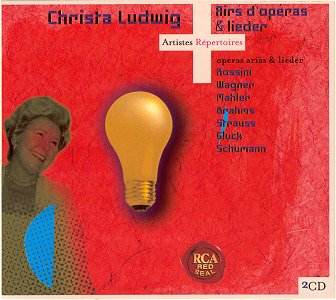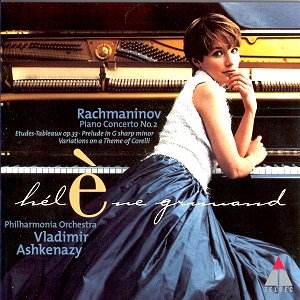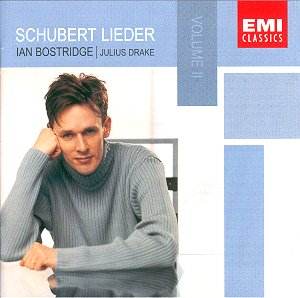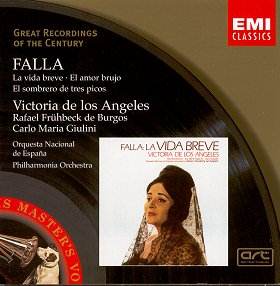 Composer: Ludwig van Beethoven
Composer: Ludwig van Beethoven
Works: Missa Solemnis in D major Op. 123
Performers: Luba Orgonasova (soprano), Anna Larsson (alto), Rainer Trost (tenor), Franz-Joseph Selig (bass), Schweizer Kammerchor, Zurich Tonhalle Orchestra, conducted by David Zinman
Recording: Recorded 7-10 May 2001 in Tonhalle, Zürich, Switzerland
Label: Arte Nova 87074-2
Beethoven’s Missa Solemnis, composed between 1819 and 1823, stands as a monumental testament to the composer’s late style, reflecting both his deep spiritual engagement and his revolutionary approach to choral music. Composed for the elevation of Archduke Rudolph, it is a work that not only embodies the tradition of the Mass but also transcends it, marking Beethoven’s desire to articulate his personal faith and artistic vision. This recording under David Zinman with the Zurich forces offers a fresh perspective on this complex and demanding score, employing a modern interpretative lens that prioritizes clarity and dynamism over the heavy textures typically associated with older performances.
Zinman’s interpretation begins with a somewhat light touch, particularly noticeable in the opening Kyrie. Initially, this approach may seem to lack the gravitas one expects, but it quickly becomes apparent that this choice serves to highlight the intricate counterpoint and the contrasting emotional weight that Beethoven crafts throughout the piece. The Gloria, taken at a brisk tempo, showcases the choir’s remarkable agility and precision, allowing the musical lines to soar and intertwine with a buoyancy that invigorates the text. The choir, under the meticulous guidance of choirmaster Fritz Naf, demonstrates exceptional control, managing the demanding tessitura of Beethoven’s writing without strain, a feat that is particularly impressive given the range required from the voices.
The recorded sound quality deserves special mention. The engineering captures the vibrant textures of the orchestra and choir with clarity and depth, allowing each instrumental and vocal strand to resonate distinctly within the sonic tapestry. This analytical sound ensures that Beethoven’s polyphony is unveiled in all its glory, a quality that can often be obscured in more weighty interpretations. The absence of a thick, reverberant sound, reminiscent of the Klemperer era, allows this performance to feel decidedly contemporary, aligning with the shorter playing time of 66 minutes compared to older versions that often exceed 75 minutes. This efficiency does not come at the cost of expressiveness; rather, it enhances the momentum and emotional urgency of the work.
The soloists contribute significantly to the success of this recording. Luba Orgonasova’s soprano is characterized by a creamy, rich tone that effortlessly rises above the orchestral fabric. Anna Larsson, though less familiar in the international scene, provides a bright and clear alto voice, executing her lines with minimal vibrato—an admirable choice that avoids the overindulgence often found in modern singing. Rainer Trost’s youthful tenor and Franz-Joseph Selig’s bass work in cohesive harmony, both singers delivering their parts with precision and a commendable restraint that allows Beethoven’s intentions to shine through without unnecessary interpretative interference.
The presentation of this recording, with comprehensive notes and biographical details of the performers, adds to the overall experience, making it an accessible entry point for listeners who may be exploring Beethoven’s choral works for the first time. The organ, often a backdrop in choral settings, is thoughtfully rendered, ensuring its role is clearly articulated, enriching the harmonic landscape of the Missa Solemnis.
This recording of Beethoven’s Missa Solemnis stands as a vibrant interpretation that breathes new life into a revered masterpiece. It offers a compelling alternative to more traditional renditions, particularly for those who appreciate a clarity of texture and a more modern sensibility in performance. As such, it holds considerable merit for both newcomers to Beethoven’s choral oeuvre and seasoned listeners seeking a refreshing perspective on this monumental work. The combination of technical excellence, thoughtful interpretation, and high-quality recording makes it a valuable addition to any classical music collection.



